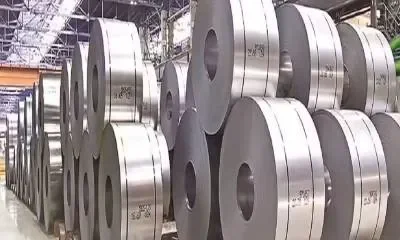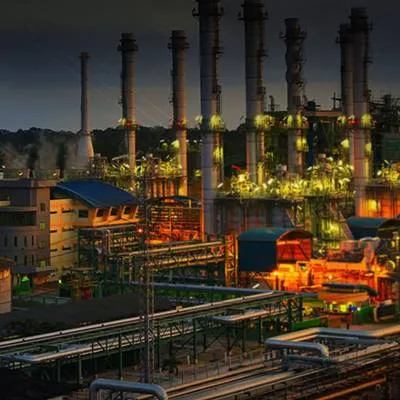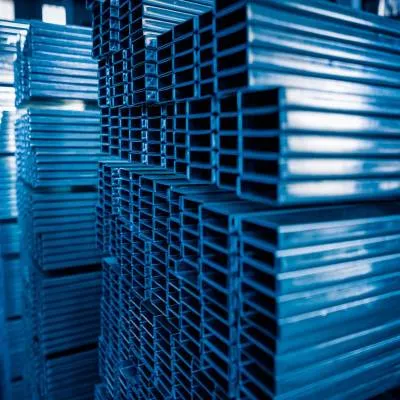Tata Steel has announced a contract with Italy-based Tenova to deliver a cutting-edge electric arc furnace (EAF) as part of its green steelmaking initiative in the UK. This significant agreement, established last week for the Port Talbot site—Britain’s largest steelworks—aims to reduce carbon emissions by 90% annually once operational by late 2027.
Under the contract, Tenova will provide an EAF capable of producing 3 million tonnes of steel per year, matching the output of recently decommissioned blast furnaces by utilizing scrap steel sourced from the UK.
UK Business and Trade Secretary Jonathan Reynolds remarked, “This partnership follows an improved deal between the government and Tata Steel, highlighting our commitment to a sustainable future for UK steelmaking. Technologies like those from Tenova are crucial for decarbonizing the industry, creating skilled jobs, and ensuring economic stability for future generations of steelworkers in South Wales. Our forthcoming steel strategy will offer further certainty for the sector, supported by up to £2.5 billion for steel development.”
This agreement follows a £1.25 billion joint investment from Tata Steel and the British government, with Tata Steel contributing £750 million and the government providing up to £500 million.
T V Narendran, CEO and MD of Tata Steel Limited, stated, “This landmark agreement will transform our steelmaking site, supporting the UK’s decarbonization journey while offering economic development opportunities for South Wales. Today marks a crucial step toward making low-CO2 steelmaking a reality at Port Talbot, reducing the UK’s carbon emissions and aiding our customers in their carbon reduction efforts.”
The project emphasizes using scrap steel to lessen the UK’s dependence on imported iron ore, enhancing the resilience of local manufacturing supply chains. New ladle metallurgy furnaces from Tenova will refine molten steel to produce more complex grades required by UK manufacturers and others globally.
Paolo Argenta, Executive Vice President at Tenova, expressed confidence in the project’s success, noting the unprecedented level of transparency and collaboration with Tata Steel UK.
Tata Steel UK is currently engaged in detailed engineering, with plans to order additional equipment for the Hot Strip Mill, casters life extension, new pickle line, and construction management. The company has completed public consultations for the planning application and aims to submit it next month, targeting large-scale site work to begin around July 2025.
As the largest steelmaker in the UK, Tata Steel operates primary steelmaking at Port Talbot, supporting manufacturing and distribution across Wales, England, Northern Ireland, and in countries like Norway, Sweden, France, and Germany.


 Economy & Market4 weeks ago
Economy & Market4 weeks ago
 Economy & Market4 weeks ago
Economy & Market4 weeks ago
 Concrete1 month ago
Concrete1 month ago
 Concrete2 weeks ago
Concrete2 weeks ago






















